Informações
Sinopse:
Duração: 02h20m
Data de lançamento: 31 de agosto de 1991
Genêros: Aventura, História, Cinema TV.
(20 votos)
?
?
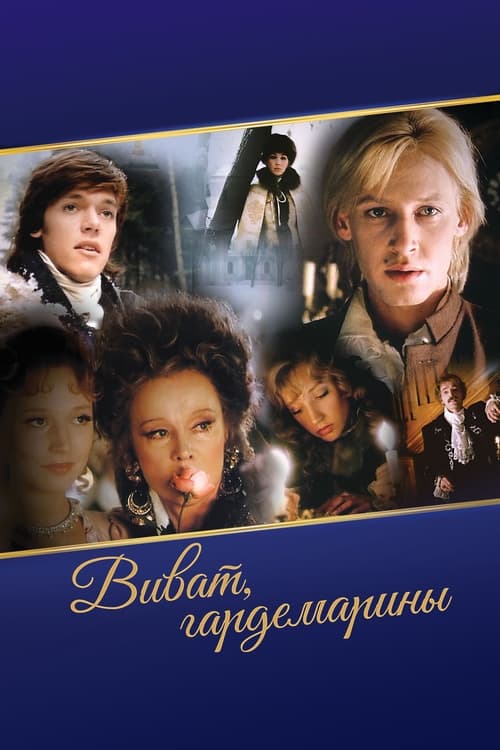
Sinopse:
Duração: 02h20m
Data de lançamento: 31 de agosto de 1991
Genêros: Aventura, História, Cinema TV.

There is a seven-year war, Russian soldiers are forced to fight for the interests of France and Austria against Prussia. The midshipmen continue to selflessly serve the Motherland. One is on an expedition, the other is at court, and the third is sent to Venice to hand over a jewelry box. In fact, there is a message in the box, on which the future fate of Europe and Russia depends!

Uma investigação única e pessoal de um crime real a história de um dos maiores golpistas da última década, um jovem empreendedor em ascensão, agora preso por enganar uma geração com um golpe digital que foi fenômeno global e que chocou o mundo o Fyre Festival. O documentário é contado através de uma narrativa dramática e o processo de filmagem é de alta qualidade do começo ao fim.
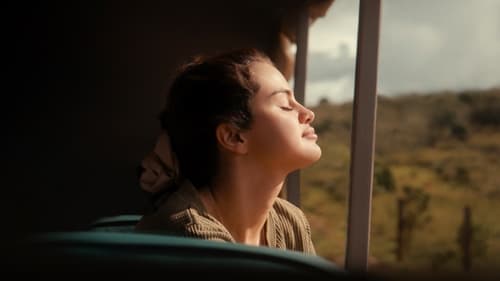
Selena Gomez alcançou uma fama inimaginável após anos estando sob os holofotes. Porém, ao alcançar um novo patamar, uma reviravolta inesperada a joga na escuridão. Este documentário exclusivo e íntimo cobre seis anos de sua jornada rumo à uma nova luz.
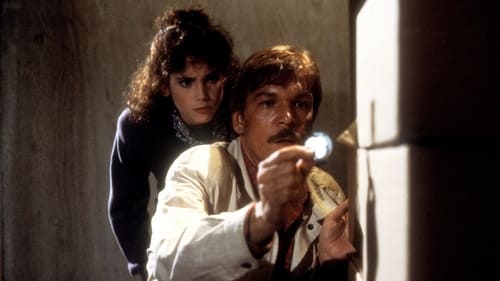
Uma história que tem a sua origem no culto através de mascaras mágicas que uma vez usadas pelas crianças ficam possuídas pelas forças do mal que se apoderam dos seus corpos e mentes.

Years have passed since Frosty left for the North Pole, but his promise is kept when he hears news of the first snowfall of the season, and decides to return.
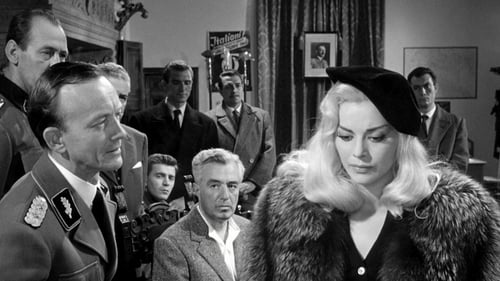
The Gestapo forces con man Victorio Bardone to impersonate a dead partisan general in order to extract information from his fellow inmates.

Alex Pearson é suspenso de seu time de hockey após aprontar durante um jogo, e para seu desgosto, ele tem que assumir a liderança da tropa de escoteiros de sua irmã Emily, as Bumble Bees. Assim, Alex deve bolar um plano que leve as escoteiras direto pro acampamento.

In the second episode of the trilogy Fantômas kidnaps distinguished scientist professor Marchand with the aim to develop a super weapon that will enable him to menace the world. Fantômas is also planning to abduct a second scientist, professor Lefebvre.

Num violento bairro de Nova Iorque, o professor Randahl Thomasson é assassinado por jovens que pertencem a uma gangue chamada "A Irmandade" e deixa sozinha a filha Anya. No funeral do professor, reaparece seu irmão Karl, um mercenário que resolve se passar por professor substituto na escola do irmão para descobrir quem foram os assassinos.
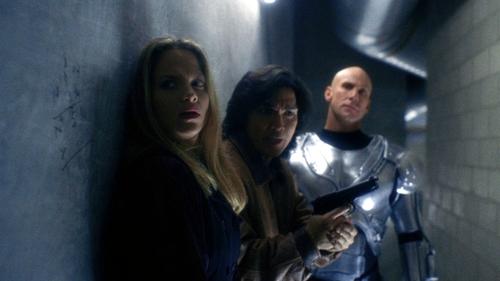
Um traficante de armas cria um exército de androides assassinos, com a aparência exata de figuras públicas, para realizar assassinatos transmitidos pela TV e, em seguida, vender pelo maior lance.
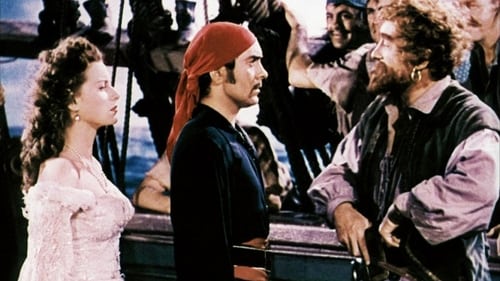
Quando o notório pirata Henry Morgan é nomeado governador da Jamaica, ele pede a ajuda de alguns de seus ex-parceiros para livrar o Caribe dos Bucaneiros. Quando um deles aparentemente seqüestra a linda filha do governador anterior e se junta aos rebeldes, as coisas estão prontas para uma briga. (e 14 - Estimado 14 Anos)

Especialistas e aventureiros procuram em floresta avião caído, que continha valiosa arma de testar DNA. Encontram criatura desconhecida, que os persegue